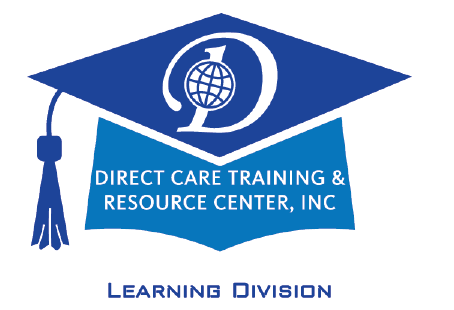Adult day care centers provide essential support services for individuals with disabilities, including those with traumatic brain injuries (TBI) and spinal cord injuries (SCI). Incorporating vocational rehabilitation (VR) into these settings can significantly enhance the quality of life for participants by fostering independence, improving cognitive and physical abilities, and preparing them for potential employment opportunities. This article explores how vocational rehabilitation can be successfully integrated into adult day care programs for individuals with TBI and SCI.
Tailored Vocational Assessment:
Initial Assessments: Begin with detailed assessments that evaluate the cognitive, physical, emotional, and vocational skills of each participant. These assessments should identify the individual’s strengths, interests, and areas where they require support, forming the basis for personalized rehabilitation plans.
Continuous Evaluation: Regularly update the assessments to reflect changes in the individual’s condition and progress, adjusting the vocational goals accordingly.
Customized Vocational Training Programs…
Skill Building: Design training sessions that focus on skills necessary for workplace success, such as communication, problem-solving, and job-specific skills. Training should be adapted to accommodate the cognitive and physical capabilities of individuals with TBI and SCI.
Simulated Work Environments: Create simulated work settings within the adult day care facility where participants can engage in tasks that mirror actual job activities. This controlled environment allows for practical learning and adjustment of tasks to individual needs.
Therapeutic Interventions…
Cognitive Rehabilitation: Incorporate cognitive therapies that help improve memory, attention, and executive functioning—skills that are often affected by TBI and SCI.
Physical Therapy: Offer regular physical therapy sessions to enhance mobility, strength, and dexterity, which are crucial for performing job-related tasks.
Integration of Assistive Technologies:
Adaptive Tools: Utilize assistive technologies and ergonomic tools that support the specific needs of participants. For example, modified keyboards, voice-activated software, and wheelchair-accessible workstations can remove barriers to participation in vocational activities.
Technology Training: Provide training on how to use these technologies effectively, enabling participants to become more independent and proficient in their use.
Supportive Environment…
Emotional Support: Recognize that returning to any form of work can be a significant emotional challenge for individuals with TBI and SCI. Provide access to counseling and peer support groups to address these challenges.
Staff Training: Ensure that staff members are trained in understanding the specific needs of those with TBI and SCI, including how to effectively communicate and assist with vocational training activities.
Community and Employer Engagement…
Partnerships with Local Businesses: Establish partnerships with local businesses willing to offer work experience opportunities, internships, or part-time employment for participants.
Awareness Programs: Conduct workshops and seminars for local employers to raise awareness about the capabilities and needs of individuals with TBI and SCI, promoting a more inclusive workforce.
Monitoring and Feedback…
Regular Feedback: Implement a system for gathering feedback from participants on their vocational training experiences, using this information to refine and improve the programs.
Outcome Monitoring: Track the progress of participants towards their vocational goals, assessing the effectiveness of the rehabilitation program and making necessary adjustments.
Integrating vocational rehabilitation into adult day care programs for individuals with traumatic brain and spinal cord injuries can be a transformative process. It not only enhances the therapeutic offerings of the facility but also empowers participants by improving their work skills, building confidence, and potentially paving the way for employment opportunities. With careful planning, customized programming, and a commitment to understanding the unique needs of each individual, adult day care centers can successfully integrate vocational rehabilitation into their services, significantly impacting the lives of those they serve.

Another Blog Post by Direct Care Training & Resource Center, Inc. Photos used are designed to complement the written content. They do not imply a relationship with or endorsement by any individual nor entity and may belong to their respective copyright holders.
| Follow us in the Social Stratosphere… | ||||
|
|





